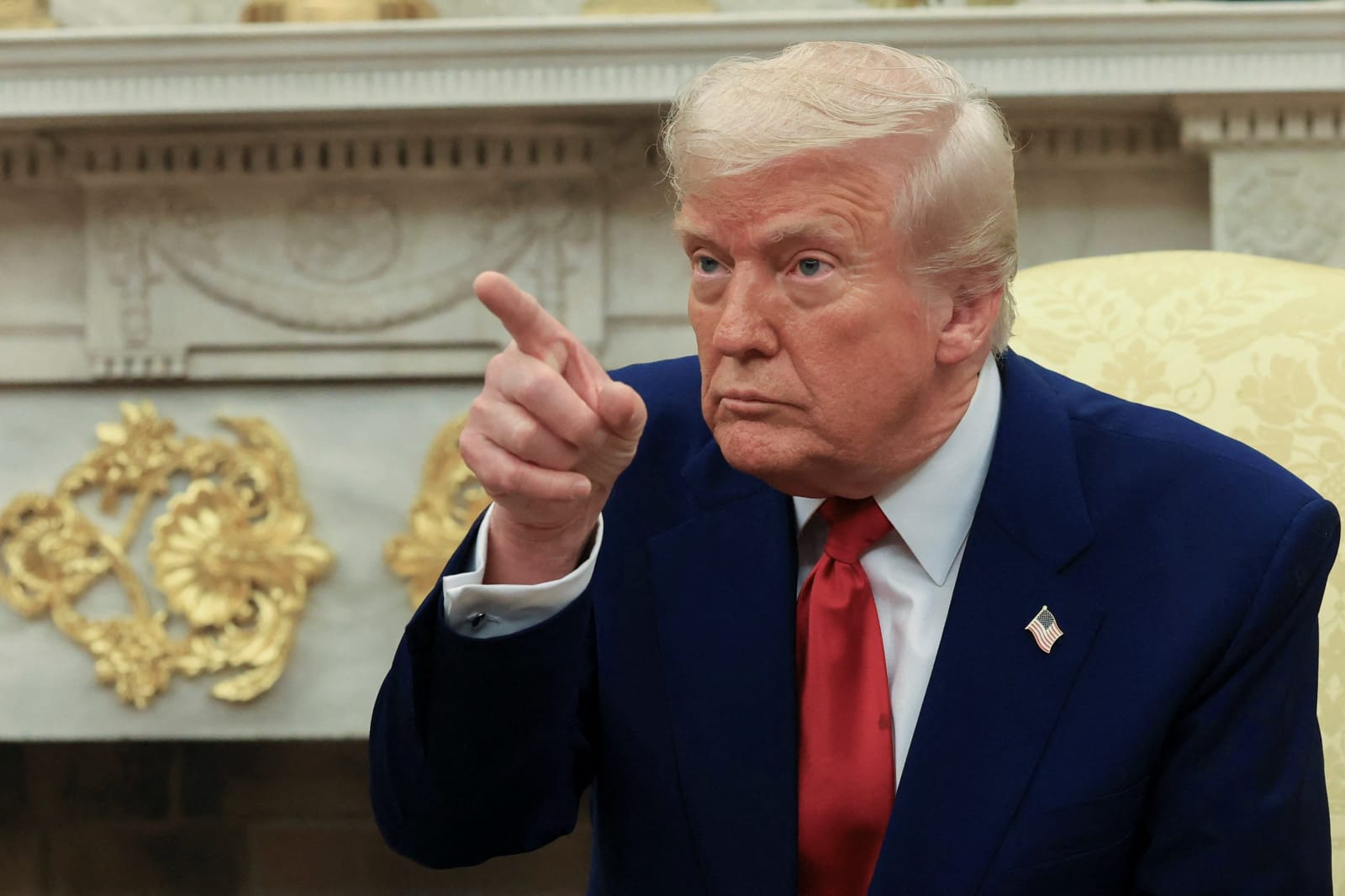The Controversial Role of Kevin Hassett in Trump’s Tax Policies
President Donald Trump has placed significant trust in his economic policies, particularly the “big, beautiful bill” of tax cuts, with a key figure being Kevin Hassett. A right-wing economist closely aligned with Trump’s movement, Hassett has been a central voice in defending these policies despite widespread skepticism and contradictory evidence.
In a detailed analysis for The Atlantic, Jonathan Chait highlighted how Hassett continues to assert that proposed Medicaid cuts are not actually cuts, even as the nonpartisan Congressional Budget Office (CBO) warns that Trump’s new law could cost millions their healthcare coverage while increasing energy prices and adding over $2 trillion to the deficit.
Hassett’s argument against the CBO’s findings is based on a negative stance rather than presenting an alternative model. He criticizes the CBO by pointing to past inaccuracies, such as during the debate over repealing the Affordable Care Act (ACA). He references a 2017 claim that work requirements would lead to losing 4 million insured people between 2017 and 2019, which he claims was incorrect since the number of insured actually increased. However, Chait notes that the legislation to establish work requirements for Obamacare never passed, and while some states experimented with them, they ultimately failed.
This is just one example of Hassett’s history of questionable predictions. As a proponent of supply-side economics, a theory once criticized by George H.W. Bush as “voodoo economics,” Hassett has made several controversial forecasts. In 1999, he co-authored Dow 36,000, which claimed the stock market was undervalued and predicted it would quadruple within a few years. It took over two decades for the Dow Jones to reach that level.
Hassett later served on Trump’s Council of Economic Advisers, where he developed a model predicting that COVID-19 deaths would peak in April and nearly disappear by mid-May. This prediction proved wildly inaccurate, as the virus led to over 1.1 million deaths from 2020 to 2023.
Despite these errors, Hassett has continued to hold a prominent position in Trump’s administration. Chait suggests that this may be due to, rather than in spite of, his history of flawed predictions. Now, Hassett is arguing that the public should disregard the CBO’s projection that 8 million people could lose Medicaid, claiming the estimate is too high. However, when asked to provide the model behind this conclusion, no such information is available.
Chait concludes that instead of relying on the CBO, the public should place their trust in Hassett’s proven track record. This raises serious concerns about the reliability of the economic advice shaping major policy decisions.
Key Points About Kevin Hassett
- Economic Philosophy: Hassett is associated with supply-side economics, a school of thought often criticized for its optimistic assumptions about tax cuts leading to increased government revenue.
- Historical Predictions:
- Co-authored Dow 36,000, which underestimated the stock market’s growth.
- Predicted a rapid decline in COVID-19 deaths, which did not materialize.
- Role in Trump’s Administration: Served on the Council of Economic Advisers and played a key role in shaping tax policy.
- Controversial Stances:
- Argues that Medicaid cuts are not real cuts.
- Dismisses the credibility of the CBO based on past inaccuracies.
Conclusion
The ongoing influence of Kevin Hassett in shaping economic policy highlights the challenges of evaluating the accuracy of economic forecasts and the implications of placing trust in unproven models. As Trump’s policies continue to face scrutiny, the role of figures like Hassett remains a contentious issue, raising questions about the reliability of the data guiding major legislative decisions.







